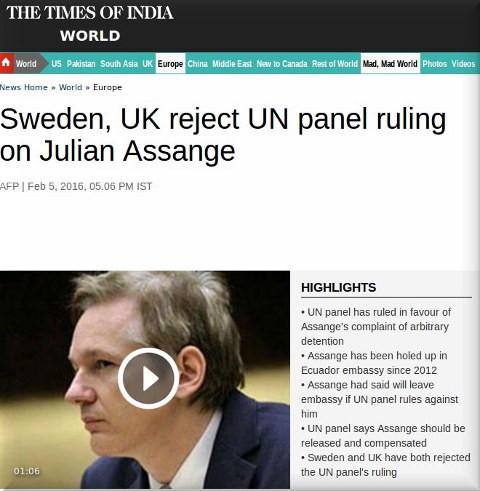

SUEPO has uploaded this English translation [PDF] of an article in Dutch. Below we highlighted some bits of interests which are rather unique to this article:
How far does the immunity of the European Patent Office reach?
Written by Marijn Duintjer Tebbens Economics reporter
From tomorrow, the most senior judges in our country will consider the conflict between the Management of the European Patent Office and the staff union. It's all about the question of whether the office can hide behind its immunity, even if it is guilty of human rights violations.
Nieuwsuur speaks to Guillaume Minnoye, Vice President of the Patent Office, and lawyer Liesbeth Zegveld, who is representing the trade union, among others.
Inviolable
The European Patent Office, based in Rijswijk and with 2500 employees, was established to protect the rights of inventors. It is an international organisation and therefore has immunity, which means that it is actually inviolable for a Dutch court.
Last year, however, the Court of Justice in The Hague ruled that the immunity does not apply in a conflict with the staff union. The court also judged that the Patent Office is violating the human rights of its employees through its obstruction of this trade union.
The office refused to accept the court's verdict and brought the ruling to the Supreme Court. The Supreme Court must now rule on the question of how far the immunity of international organisations such as the European Patent Office reaches.
Despite the judgement of the Court of Justice, the European Patent Office believes it does have full immunity.
Lawyer Liesbeth Zegveld
Targeted campaign
The Management and the trade union of the Patent Office have been in conflict since Frenchman Benoit Battistelli began to call the shots. Battistelli is implementing reforms that have met a lot of resistance, resulting in major internal tensions.
According to Battistelli, he is the victim of a targeted campaign by his own staff, aiming to block the reforms. "An orchestrated campaign, the objective of which was to destabilise and discredit the organisation," he said in October in the newspaper Het Financieele Dagblad.
No law
The staff union, represented by lawyer Liesbeth Zegveld, believes that the top boss of the Patent Office is going beyond all the boundaries in his dealings with the union. And that he is therefore abusing his immunity.
"Despite the court ruling, the Patent Office still believes that it does have immunity," says Zegveld. "But the Patent Office has no immunity when it comes to protecting fundamental human rights. This is what it is now being sued for."
She thinks the office is acting as though the law does not apply to it. "The law doesn't work here. I've never actually seen this before. There is no law here."
European Patent Office Employees take to the streets
This afternoon, European Patent Office employees are taking to the streets. The employees are protesting against the poor working atmosphere within the organisation and the culture of "fear and intimidation", as some describe it.
The direct reason behind the demonstration is the dismissal of two employees and demotion of a third. Among them the chair of the staff union, Elizabeth Hardon, from the Netherlands.
You're acting as if we live in a lawless paradise. That's not the case.
Guillaume Minnoye, Vice President of the Patent Office
Lawless paradise
"You're acting as if we live in a lawless paradise. That's not the case," the Vice President of the Patent Office, Guillaume Minnoye, responds, in Nieuwsuur. According to Minnoye, the Court of Justice did not take sufficient account of the fact that the Patent Office has its own legal procedures, which ensure that complaints from the trade union can always be heard and that submitting an objection is always possible.
The Dutch state is on the office's side. The government is indeed concerned about the social situation at the Patent Office, but states: "Whether it is accused of human rights violations or other violations of international law does not affect whether or not an international organisation receives immunity."
Vienna Convention on Diplomatic Relations Done at Vienna on 18 April 1961
Article 9 1. The receiving State may at any time and without having to explain its decision, notify the sending State that the head of the mission or any member of the diplomatic staff of the mission is persona non grata or that any other member of the staff of the mission is not acceptable. In any such case, the sending State shall, as appropriate, either recall the person concerned or terminate his functions with the mission. A person may be declared non grata or not acceptable before arriving in the territory of the receiving State.
2. If the sending State refuses or fails within a reasonable period to carry out its obligations under paragraph 1 of this article, the receiving State may refuse to recognize the person concerned as a member of the mission.